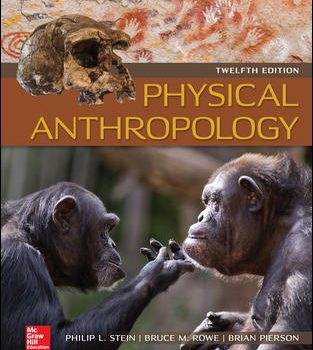What is Anthropology?
Anthropology is the study of humans, their ancestors, and related primates through an interdisciplinary approach that incorporates elements of biology, history, culture, and language. It aims to understand the complexities of human existence, the development of societies, and the diverse ways in which people interact with their environments and each other.
Importance of Anthropology
Anthropology is crucial for providing insights into the vast diversity of human experiences. By examining the cultural, biological, linguistic, and archaeological aspects of humanity, anthropology helps us understand our past, navigate the present, and shape our future. It fosters empathy and appreciation for different ways of life, promoting tolerance and global understanding.
The Subfields of Anthropology
Archaeology
Archaeology is the study of human history and prehistory through the excavation and analysis of artifacts, structures, and other physical remains. It helps reconstruct past societies, offering insights into their daily lives, social structures, and cultural practices.
Biological Anthropology
Biological anthropology, also known as physical anthropology, focuses on the biological and physiological aspects of humans and their ancestors. It examines evolution, genetics, primatology, and human adaptation to different environments, shedding light on the physical development of the human species.
Cultural Anthropology
Cultural anthropology explores the cultural variations among humans, investigating social norms, traditions, rituals, and everyday practices. It seeks to understand how culture shapes human behavior and societal organization, providing a comprehensive view of human social life.
Linguistic Anthropology
Linguistic anthropology studies the role of language in social life. It examines how language influences communication, cultural identity, social relationships, and group membership. This subfield provides insights into the diversity of languages and their impact on human interactions.
Benefits of Studying Anthropology
Economic Benefits
Studying anthropology equips individuals with critical thinking, analytical, and research skills that are valuable in various careers. Anthropologists can work in academia, government, non-profits, private sector, and international organizations, often securing roles that contribute to economic development and policy-making.
Cross-disciplinary Subject
Anthropology is inherently interdisciplinary, drawing on methods and theories from the natural sciences, social sciences, and humanities. This cross-disciplinary nature allows students to apply anthropological perspectives to numerous fields, including medicine, law, education, and business, enriching their academic and professional pursuits.
Curiosity
Anthropology satisfies and nurtures curiosity about human nature, cultures, and histories. It encourages an open-minded approach to learning about the world, fostering a lifelong passion for discovery and understanding.
Career Growth
The skills gained from studying anthropology, such as cultural sensitivity, qualitative research, and critical analysis, are highly sought after in many career paths. Anthropology graduates often find opportunities for growth in diverse fields, including international development, public health, cultural resource management, and corporate social responsibility.
Test Bank Resources
At Test Bank Archive, we provide comprehensive resources to support your anthropology studies. Our collection includes detailed test banks and solution manuals for a wide range of anthropology textbooks. These resources offer:
- Targeted Exam Preparation: Practice questions that simulate actual exam conditions.
- In-Depth Explanations: Detailed solutions that help clarify complex concepts.
- Up-to-date Content: Regular updates to align with current academic standards.
Our test bank resources are designed to help you excel in your courses by providing structured, effective study tools.
Conclusion
Anthropology offers a deep and broad understanding of human diversity, past and present. By exploring its subfields—archaeology, biological anthropology, cultural anthropology, and linguistic anthropology—you gain valuable insights and skills that are applicable across various domains.
The study of anthropology not only satisfies intellectual curiosity but also opens doors to diverse and rewarding career opportunities. Leverage the extensive test bank resources at Test Bank Archive to enhance your learning experience and achieve academic success in anthropology.
Showing all 4 results




